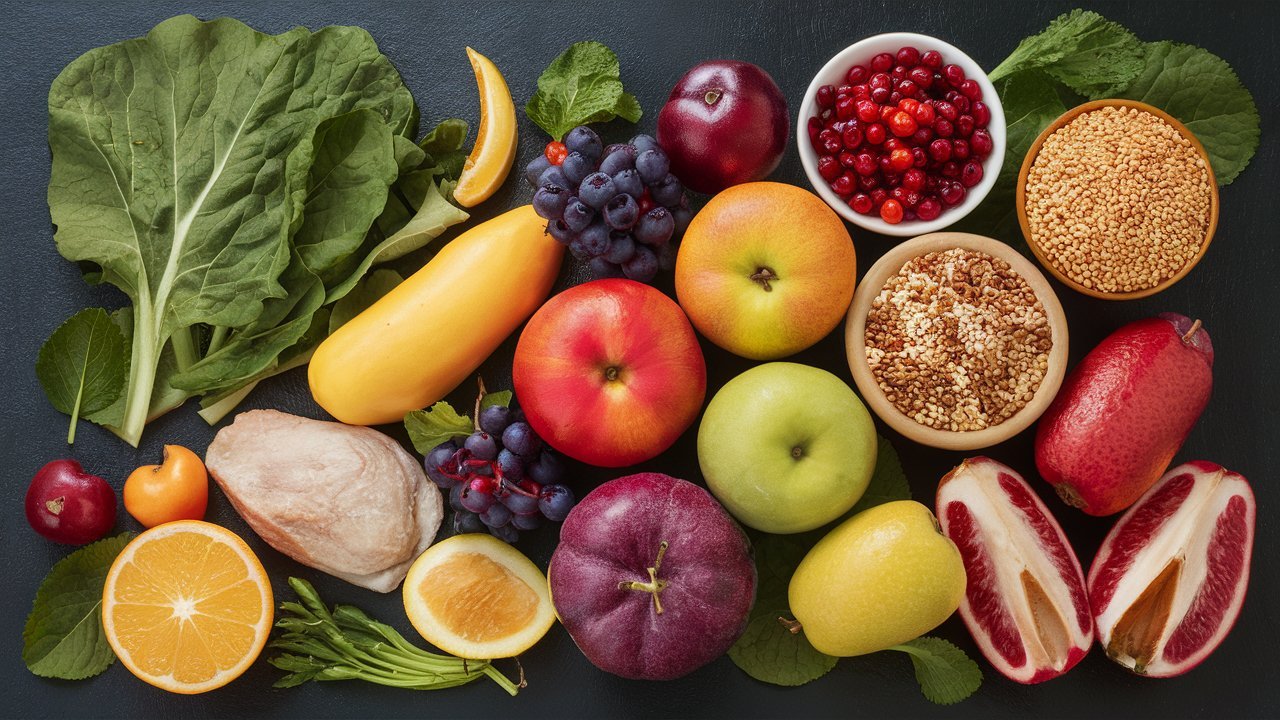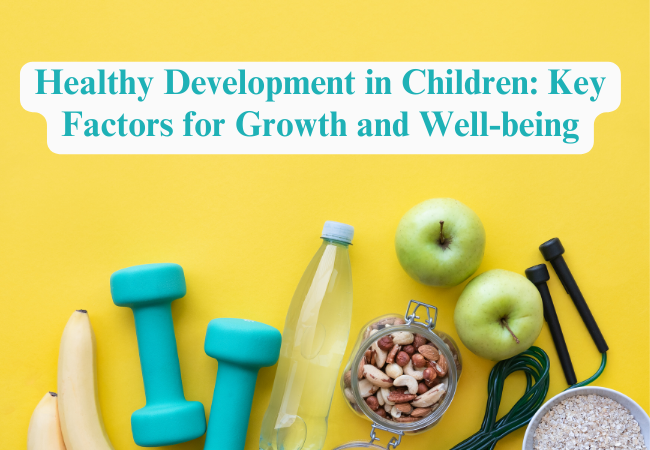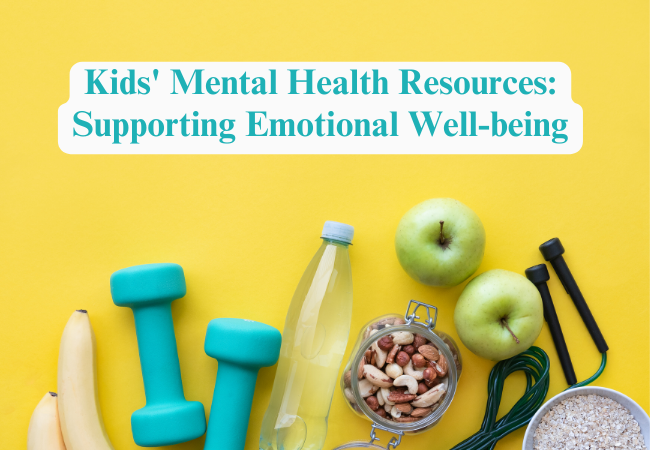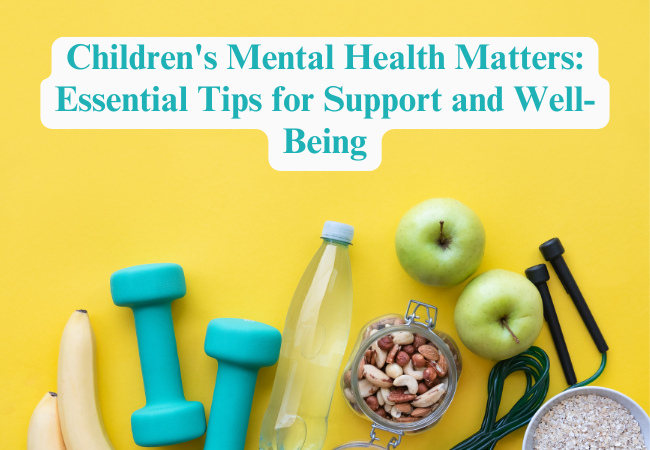Nutrition for Growing Children
Learn how to optimize your child’s growth and development with our comprehensive guide to nutrition for growing children. Discover essential nutrients, practical tips, and strategies for fostering healthy eating habits. Ensure your child receives the nutrition they need to thrive and reach their full potential.
In today’s fast-paced world, ensuring that your child receives the optimal nutrition for healthy growth and development can be a daunting task. With an abundance of information available, it’s easy to feel overwhelmed and unsure about what constitutes a balanced diet for your little one. However, with the right knowledge and guidance, providing your child with the nutrients they need can become a simple and rewarding endeavor. In this comprehensive guide, we’ll explore the importance of nutrition for growing children and provide practical tips for ensuring that your child thrives.
Why Nutrition Matters for Growing Children

Proper nutrition plays a crucial role in every aspect of a child’s development, from physical growth to cognitive function. During the early years of life, children experience rapid growth and development, making it essential to provide them with nutrient-rich foods that support their needs. A well-balanced diet not only fuels their bodies but also lays the foundation for lifelong healthy eating habits.
Essential Nutrients for Growing Children

- Protein: Protein is essential for building and repairing tissues, supporting immune function, and promoting overall growth. Good sources of protein include lean meats, poultry, fish, eggs, dairy products, legumes, and nuts.
- Carbohydrates: Carbohydrates are the primary source of energy for growing children. Opt for whole grains such as brown rice, whole wheat bread, oats, and quinoa, which provide sustained energy and essential nutrients like fiber, vitamins, and minerals.
- Fruits and Vegetables: Colorful fruits and vegetables are packed with vitamins, minerals, and antioxidants that support immune function and overall health. Encourage your child to consume a variety of fruits and vegetables in different colors to ensure they receive a wide range of nutrients.
- Healthy Fats: Healthy fats are crucial for brain development and maintaining cell structure. Include sources of unsaturated fats such as avocados, nuts, seeds, and fatty fish like salmon and mackerel in your child’s diet.
- Calcium: Calcium is essential for building strong bones and teeth. Ensure that your child consumes calcium-rich foods such as dairy products, leafy greens, fortified plant-based milk, and tofu.
- Iron: Iron is necessary for transporting oxygen throughout the body and supporting growth and development. Include iron-rich foods such as lean meats, poultry, fish, beans, lentils, fortified cereals, and leafy greens in your child’s diet.
Tips for Encouraging Healthy Eating Habits

- Lead by Example: Children learn by example, so be a positive role model by demonstrating healthy eating habits yourself.
- Involve Your Child: Involve your child in meal planning, grocery shopping, and cooking to make them feel empowered and excited about healthy eating.
- Offer Variety: Introduce a wide variety of foods to your child’s diet to expose them to different flavors and textures.
- Make Meals Fun: Get creative with meal presentation by incorporating colorful fruits and vegetables, shaping foods into fun shapes, and involving your child in meal preparation.
- Set Regular Meal Times: Establish regular meal times and avoid skipping meals to ensure that your child receives consistent nourishment throughout the day.
- Limit Processed Foods and Sugary Drinks: Minimize the consumption of processed foods, sugary snacks, and beverages high in added sugars, which provide empty calories and offer little nutritional value.
Conclusion
In conclusion, providing optimal nutrition for growing children is essential for supporting their overall health and development. By prioritizing nutrient-rich foods and fostering healthy eating habits, you can set your child up for a lifetime of wellness. Remember to lead by example, involve your child in the process, and make mealtimes enjoyable and educational experiences. With dedication and guidance, you can ensure that your child receives the nutrition they need to thrive and reach their full potential.







